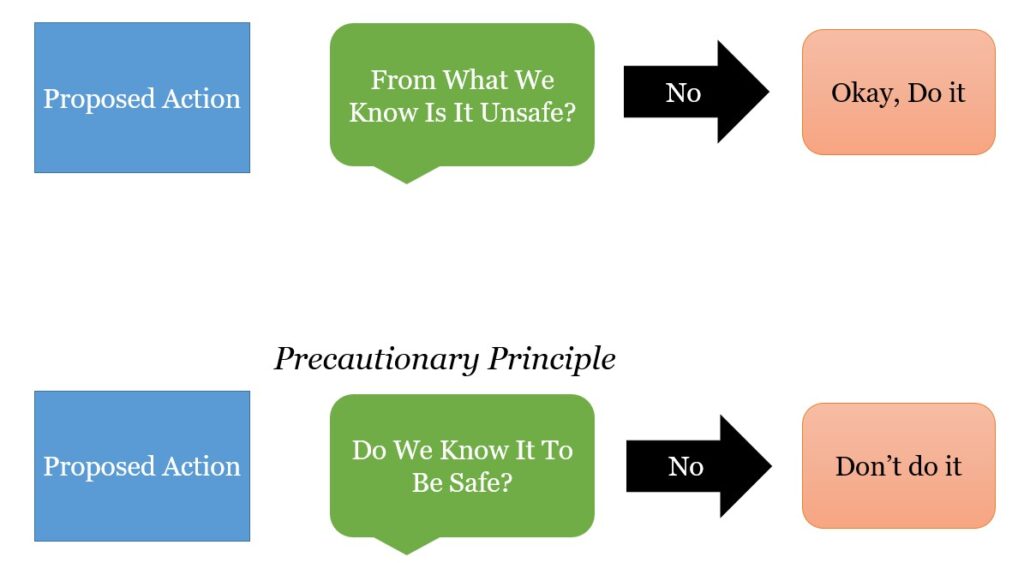Patagonia are well-known as a company with a mission. You have to admire that even if you don’t subscribe to the mission. Being known for something is vital to effective marketing. The founder, and his nephew, give their thoughts on what the responsible company means. What does it look like? How does it act?
Responsible But Not Sustainable
The authors argue that it isn’t really possible for a firm to be sustainable. We are a long way from that given firms do use up resources. Instead, they prefer the more cautious term, responsible.
Their basic idea is that firms should be producing, and consumers buying, less short-term rubbish. Clothes that will fall apart have a big ecological footprint. Better make something higher quality that will last. This does make a lot of sense — certainly for those of us lucky enough not to have to worry too much about investing in higher-quality clothes. (I am relieved to say that me and fashion, fast or otherwise, have always been strangers).
“Responsible” seems to us the apt, more modest, word to use while we walk the path that, we hope, leads us to a place where business takes no more from nature than what it can replace.
Chouinard and Stanley (2013) page 15
We need to make less, and whatever we make should be of high quality and long-lasting to better offset its social and environmental price.
Chouinard and Stanley (2013) page 23
Transparency And The Responsible Company
A problem consumers have is that they don’t often know what companies are responsible. Perhaps more surprisingly, managers sometimes aren’t clear themselves. The authors note how they had a challenge being certain that their good intentions were actually happening in remote factories in their supply chain. One thing that is useful is industry groups that conduct certifications. These groups can develop a shared methodology and investigate what is happening in supply chains. The stamp of approval from an industry group helps both the manager and the consumer. The manager can be more confident that they are doing the right thing, and the consumers can see that there is something happening beyond the corporate press releases.
To be responsible, managers need to have information. For consumers to reward the responsible companies, consumers need information. Transparency matters.
Accounting And The Responsible Company
I know many people are working on it but financial accounting remains part of the problem. What is reported in financial statements tends to be very short-term. Natural resources are seen as free until they are turned into something ‘valuable’. There are many problems, and by extension, opportunities to improve accounting for the long-term.
But the means of measuring true business health is in its infancy.
Chouinard and Stanley (2013) page 51
Decision-Making Is Hard
One challenge that the authors hit on is the problem of not really knowing how bad something we are doing is. If you don’t know something is dangerous is it okay to act? Or if you don’t know something is safe should you not act? The authors argue for the precautionary principle.
The Precautionary Principle requires us to reverse our habit, prevalent since the industrial revolution, to act now and deal with the consequences later.
Chouinard and Stanley (2013) page 24.

It makes a lot of sense not to risk trashing the planet to make the sort of rubbish and unnecessary goods that we often do. That said, ultimately, decision-making is hard. The precautionary principle is far from a panacea as it could stop pretty much all activity if applied too broadly and firmly. Furthermore, definitions of “rubbish” and “unnecessary” will differ between people. Still, the general point is a good one. Hopefully, we can all be more cognizant of any damage we cause. Maybe we need responsible consumers as well as responsible companies.
Read: Yvon Chouinard & Vincent Stanley (2013) The Responsible Company: What We’ve Learned From Patagonia’s First 40 Years, Patagonia paperback book
